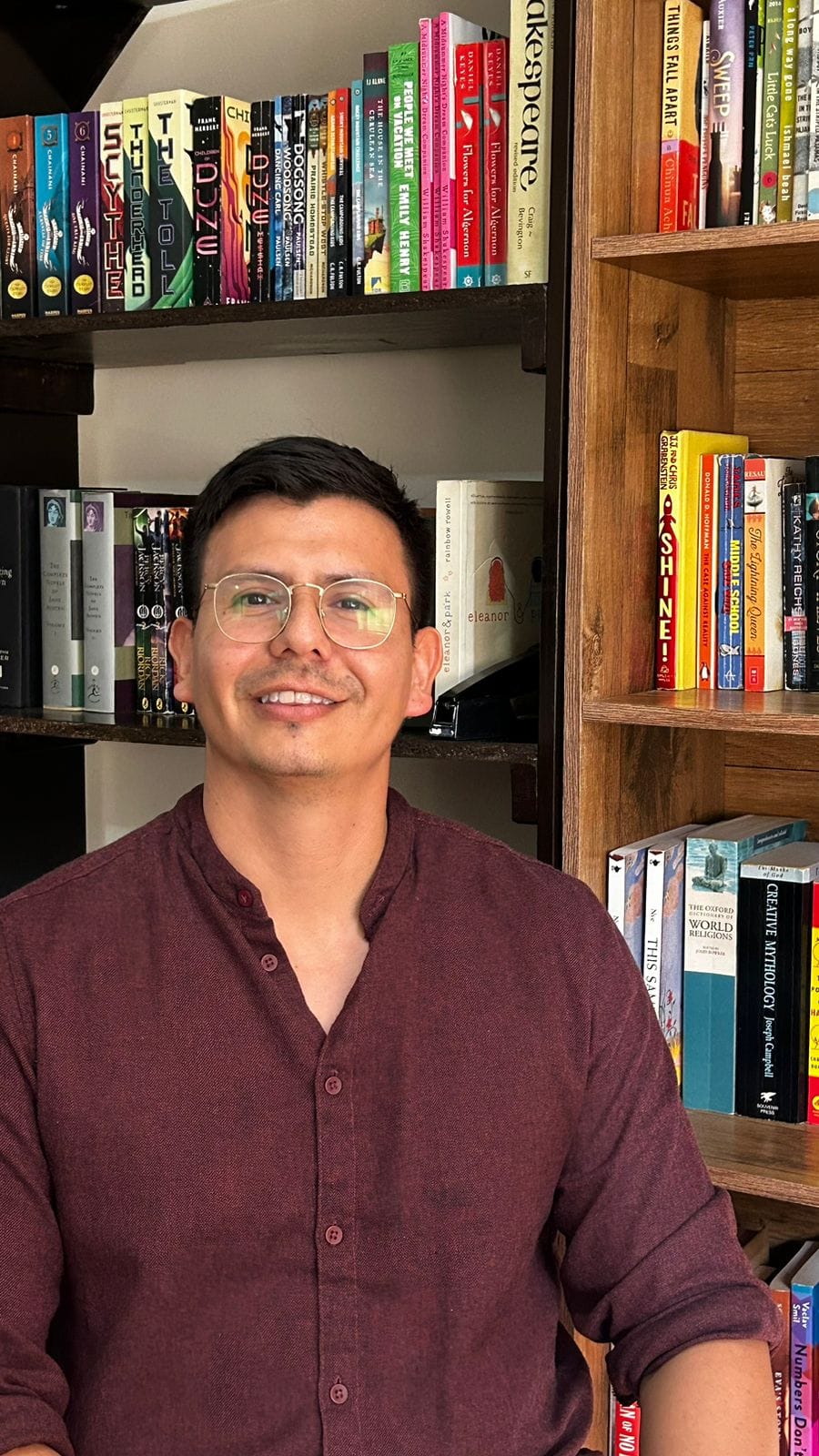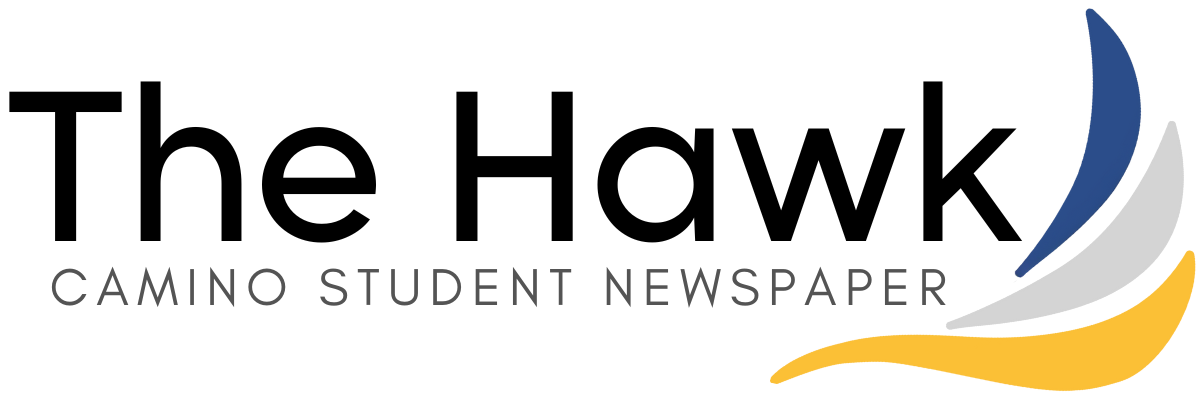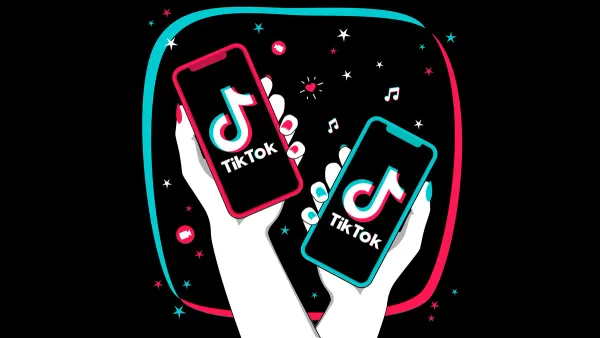El valor de un periódico escolar

Por Isaac Pérez Bolado
1 Diciembre 2024
English version below.
¿Para qué sirve un periódico escolar?
Vivimos en el tiempo de ChatGPT, donde podemos crear un ensayo de miles de palabras en segundos, solo pidiéndolo. Con algo de esfuerzo extra, el texto puede tener un vocabulario preciso, hasta poético, y estar aderezado de ejemplos interesantes, graciosos y en tendencia. Incluso podemos pedir que la IA intente imitar la forma de pensar y hablar de una persona, o que cometa errores a propósito para sonar más auténtica.
Vivir en el tiempo de ChatGPT podría hacer que nos preguntemos, ¿para qué sirve esforzarme por escribir? ¿Por qué deberíamos leer lo que escriben simples seres humanos?
Vivimos en un tiempo donde el valor de las cosas escritas ha cambiado, sí, especialmente si reconocemos que escribir ya no es "difícil" como lo era antes. Y justo eso hace lo que escribimos en este periódico increíblemente más valioso.
Las palabras que escriben los alumnos en The Hawk no son una tarea que recibe una calificación, ni están escritos para cumplir una serie de requisitos como si fuera un concurso. Tampoco son ensayos para enviar al BI, o siquiera noticias de gran relevancia social como las que aparecerían en El Universal o el New York Times. Son algo aún más raro y precioso y, yo agregaría, con más poder.
Cuando un estudiante de Colegio El Camino plasma sus palabras en una nota, esta creando algo que ChatGPT puede imitar, pero jamás crear realmente. Las palabras de Charlotte, de Diego, de Karola o de Aeris no vienen de datos de entrenamiento; son testimonios de algo extraordinario e irrepetible. Su poder está en que son reflejo del valor de personas bien distintas que habitan este milagro educativo de la Baja llamado Colegio El Camino.
Las palabras de estos estudiantes son a veces sencillas, algunas veces profundas y reflexivas. Hablan de la crisis ecológica que experimentan los océanos de la tierra, de los tennis que se ven en los patios del Colegio, y de los artistas que suenan en sus audífonos en el salón. Es justo esa diversidad espontánea, esa libertad de mente y corazón con la que cada uno navega hacia los horizontes de su curiosidad, la magia de The Hawk. Los artículos hablan del tema, de quien lo escribe, y también de nuestra comunidad Camino de 2024, como un fenómeno irrepetible en el tiempo, el espacio y la historia de la humanidad entera.
Y no por afán de ponerme aún más pético, pero yo veo en esta primera edición una maravillosa promesa: al leernos unos a otros, poquito a poquito, rescatamos el verdadero valor de la palabra escrita.
Es en la intimidad de una cabeza en silencio, de dos mentes intentando comprenderse a través de la letra y la página, en donde encontramos lo más especial de ser la única especie en la historia de este Planeta que sabe leer y escribir.
No se trata de producir texto por producirlo, como si fuera humo saliendo de una chimenea. La magia de lo que escribimos está en las cualidades, no las cantidades. En el sentimiento más que en la técnica. En la posibilidad, asombrosa a la vez que frágil, de tender puentes invisibles entre quienes escribimos y quienes leemos.
Feliz lectura, halcones.
What is a school paper for?
We live in the time of ChatGPT, where we can create an essay thousands of words long in seconds, just by asking for it. With some extra effort, the text can have precise, even poetic vocabulary, and be embellished it with interesting, funny or trendy examples. We can even ask the AI to try and mimic a person's way of thinking and speaking, making mistakes on purpose so I appears more authentic.
Living in times like these might make us wonder: what's the point of putting any effort at all into writing? And why should we read what mere human beings write?
In our time, the value of the written word has changed, yes, especially if we recognize that writing is no longer “hard” as it once was. And that is just what makes what we write in this newspaper incredibly more valuable.
The words students write in The Hawk are not an assignment that gets a grade, nor are they written to meet a set of requirements, like some kind of contest. They're not essays to be sent to the IB, or even news stories of wide social importance like those that would appear in El Universal or the New York Times. They are something even more precious, and, I would argue, more powerful.
When a Camino student puts words into an article, they are creating something that ChatGPT can only imitate or approach, but never actually "create". The words of Charlotte, Diego, Karola or Aeris in this issue don’t come from training data, but are unrepeatable testimonies of uncanny phenomena. Their power lies in their connection to the actual, flesh and blood people who live in this Baja educational miracle called Colegio El Camino.
The words of these students are sometimes simple, sometimes profound and reflective. They speak of the ecological crisis experienced by Earth's oceans and also about the sneakers students wear to school everyday and of the music artists blasting in their earbuds while they work in class. It is just this spontaneous diversity, this freedom of heart and mind, where everyone sails towards the horizons of their own curiosity, that constitutes the magic of The Hawk. The articles speak not only of their topic and its writer, but also of our Camino community in the year 2024, as a unique event in time, space and the history of humanity as a whole.
And not to wax even more poetic, but I see in this first edition a wonderful promise: by reading each other, little by little, we are rescuing the true value of the written word.
It is in the intimacy of a head that shuts all other noise to make sense of what another has written, of two minds trying to understand each other through the letter and the page, that we find what is most special about being the only species in the history of this Planet that knows how to read and write.
It is not about producing text for the sake of producing them, as if it were smoke coming out of a chimney. The magic of what we write is in the qualities, not the quantities. In the feeling, not in the technique. In the possibility, amazing yet fragile, of building invisible bridges between those who write, and those who read.
Happy reading, hawks.



